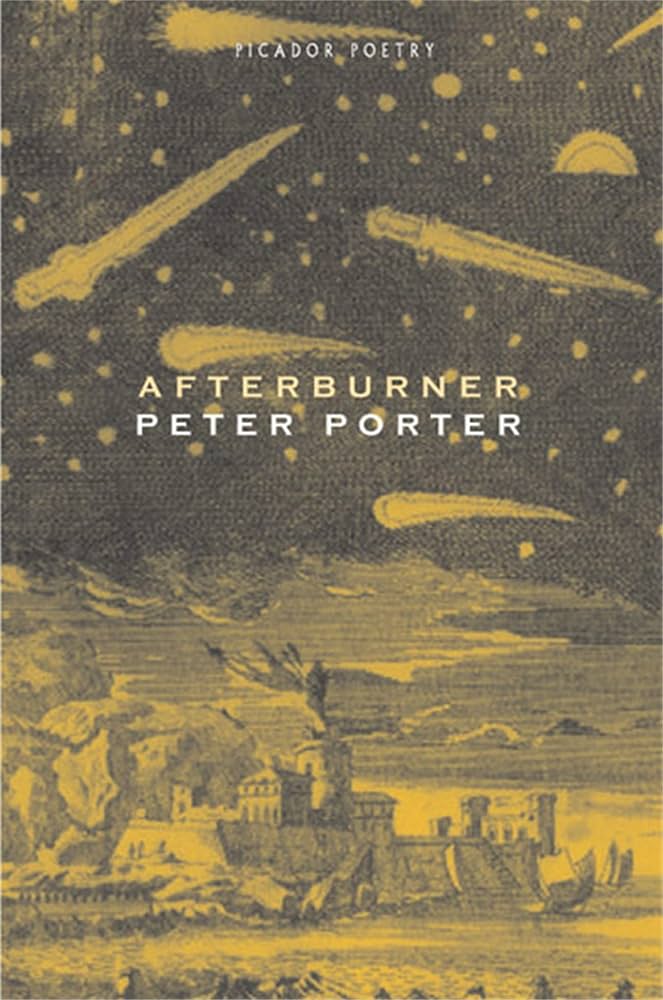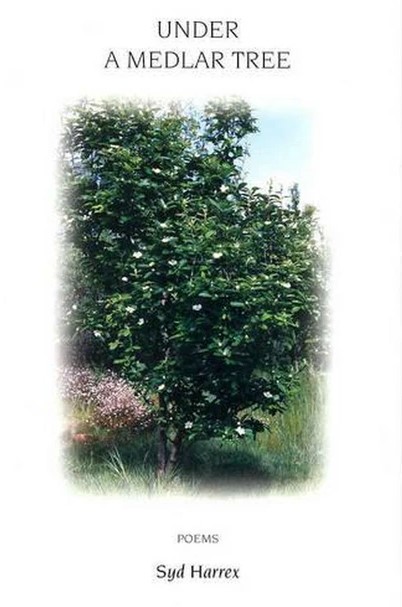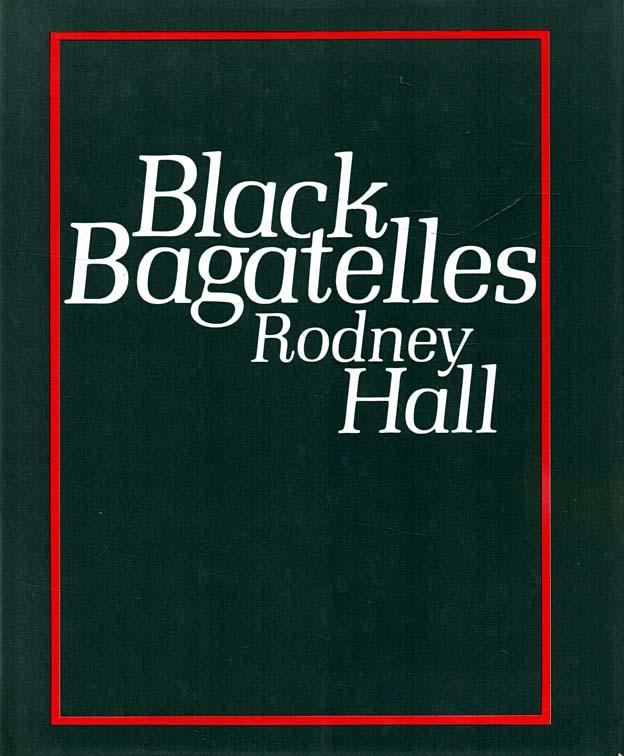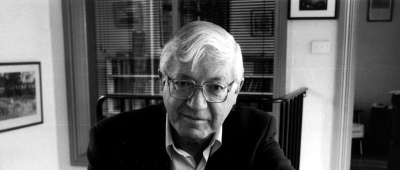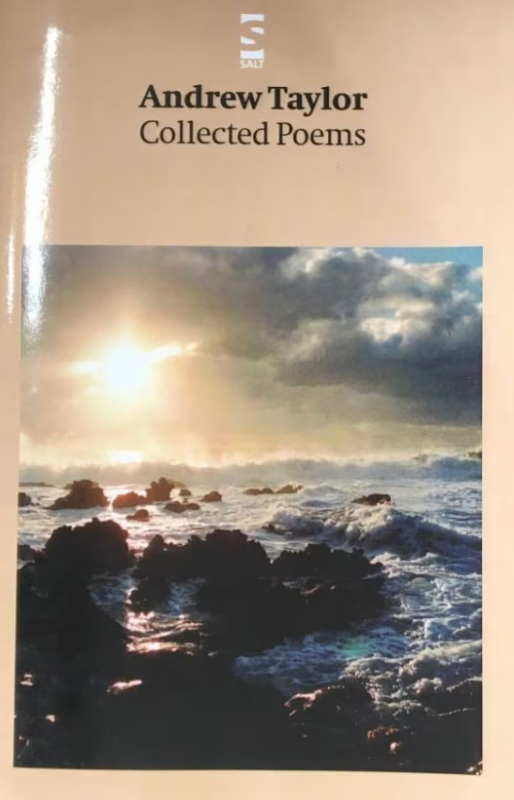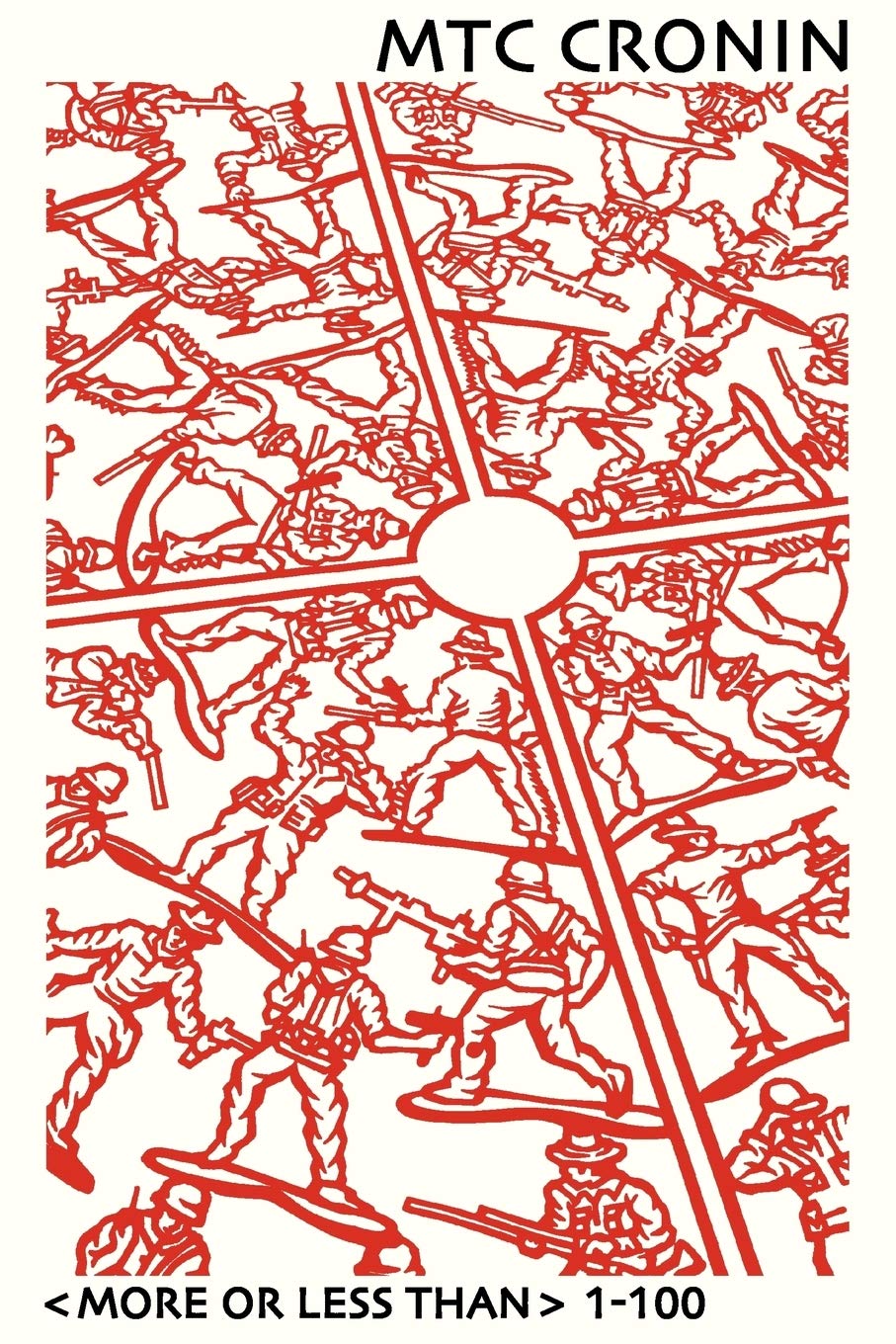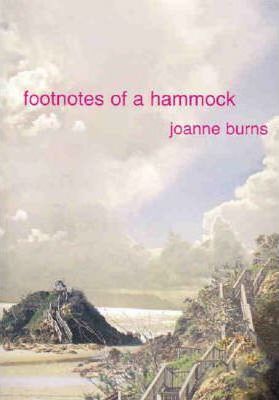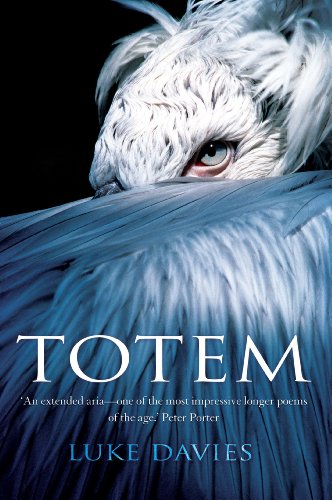Poetry
Since a new book by Peter Porter is, though precious, also a complex phenomenon, one is stuck with the question of where to begin. The title poem, ‘Afterburner’, is perhaps as good a place as any. It is one of those poems (‘Clear Air Turbulence’ is another in this book) that speculates autobiographically and revisits youth looking for patterns and understandings:
... (read more)Under a Medlar Tree by Syd Harrex & Head and Shin by Tim Thorne
Under a Medlar Tree is Syd Harrex’s fifth slim collection since his first, Atlantis, came out twenty years ago. With connections to both Tasmania and South Australia, Harrex has travelled widely and appears to be one of those poets who has made that Faustian bargain with academia where Mephistopheles says: ‘I will deliver you much material (but not the time to use it).’ Such a trade-off seems to ensure that its signatory will be an occasional poet, a poet of travel pieces, of dedications and elegies, of small moments saved and treasured between bouts of academic writing. As befits a man under such pressures, much of Harrex’s poetry has been about love and death. With Under a Medlar Tree, this is even more the case.
... (read more)Rodney Hall has always been a professional poet in the sense that he professes and declares – indeed, almost seems to make himself – in his poetry. The poetry seems to become a means of coping with experience; more, it becomes perhaps the central part of the experience. So it is in Black Bagatelles. But here, art and its expectations become less something for living than for dying by. Not that this book marks any great break with what has gone before, any rupture of identity. On the contrary, implicitly or explicitly, death has always been a major presence in his poetry. Its preoccupation with art and artifice represents, amongst other things, an attempt to give himself alms against oblivion. But in these poems the note of doomsday, sounded in the title of his first collection of verse, Penniless Till Doomsday; rings out, not portentously, but wittily, with immediacy and perception. Hall has always been concerned with masks, poses, the dance of experience. Now, the ‘masks compose themselves tableau-still’ and the source is revealed of the ‘desperate rustlings going on behind’. This source then is death, but not death majestical and metaphysical as Donne and the seventeenth century ‘knew him, not moralising and the servant of the mighty God as in the middle ages, but jester and joker, the one who calls the tune to life’s comedy, to
… the hold of
heart
on heart the band
of gristle the bloodtie
just
waiting to be
bled to death by a clever cut
... (read more)A biographer follows the life of a chosen person or a chosen group or people, or perhaps a particular scene or epoch. An autobiographer, like a snail outed by the Sun, looks back at his or her tracks and tries to explain how he or she got this far, possibly hinting at vindication or in more extravagant mode, self-immolation. Unfortunately I am a poet, and a prose writer only to earn a living. My field is verse, but l am involved on a daily basis with literature in diverse forms, especially journalism, broadcasting, and reviewing. I believe also that I am a secret biographer and autobiographer, as so much of the poetry I write and read shadows the functions of biography.
... (read more)Andrew Taylor’s Collected Poems is framed by the weather. Indeed, the first poem is entitled ‘The Mere Repetition of Weather’. Weather runs from the ‘Prologue’, to The Cool Change (1971), in which ‘the weather like an alchemist / turns into gold the matter of my arm’, to the last poem in New Poems 2000-2003, ‘The Answer’, in which the poet has ‘come back to the swamp.../ after three years of drought the drenching rain/...flushing green clots of algae’. In another century, this might indicate a Romantic poet, attuned like an Aeolian harp to the motions and stirrings of nature. But this is a poet in whose work can be seen influences of Wallace Stevens, Jonathon Culler, Vincent Buckley, Chris Wallace-Crabbe and John Tranter – an entirely different sugar bag of marsupials.
... (read more)In striving to describe the overall effect of M.T.C. Cronin’s bravura performance in <More or Less Than> 1-100, it is difficult to trump Peter Porter’s ‘precipitously oracular’, quoted on the back cover. There is indeed a sense in which the poetry offers, as is the habit of oracular utterance, a distinctly slippery slope of meaning to be negotiated in following its 100 numbered poems as they increase in numerical sequence from an initial single line to fifty and then, in mirror reversal, decrease to the single line of poem 100. Not that there is anything slippery about Cronin’s technical control in this example of an exuberantly free verse poet embracing the otherness of formal, even arbitrary, patterning. She is sufficiently confident that, in a work with so categorical a design of beginning and ending, she can write mockingly:
... (read more)Domain by Ian McBryde & Gateway to the Sphinx by Tony Page
Since World War II, poets have inevitably had to ignore Theodor Adorno’s famous and problematical pronouncement on the barbarousness of writing poetry after the Holocaust. Few, however, have written extensively in response to those terrible events, the most notable to do so being Paul Celan, himself a survivor of Moldavian labour camps.
... (read more)Where our language suggests a body and there is none:
there, we should like to say, is a spirit.
Wittgenstein, Investigations
Your soul could be that run-down country property
where popes go stamping with their crooks
and priests stand talking in far paddocks,
where scapulars and beads, holy cards
and snow dome nativities are kept inside
a shed marked purgatory.
The soul is not made of music,
not today, not clouds or even cauliflower.
It is dusty, unrepentant and far from here.
It could be you have been told
your soul is saving you each day
from death for death.
At your door a parcel is delivered
like a crucial superstition with your name on it
as though you will find yourself inside.
It’s best, I’ve heard, not to know who has one
in this street
or who it is can walk without its help.
... (read more)Footnotes of a Hammock by Joanne Burns & The Ship by Sarah Day
Joanne Burns lives in Sydney and her poems draw much of their life from that city: its public places, its streets, cafes, casinos and hotels. Burns makes a mocking catalogue of its consumer dreams, glittering distractions and attention-seeking weather. In this way, she presents a city that is more like an advertisement, made of manufactured beauty and false promise:
... (read more)Luke Davies is best known as the author of Candy (1997), a novel about love and heroin addiction. His poetry, meanwhile, has attracted attention for its characteristic interest in how we relate to an unknowable universe; it is also unusual in that it draws on a more-than-everyday understanding of theoretical physics. In this latest volume, which comes in two parts – a long meditative poem followed by forty short lyrics, both celebrating love – an awareness of the vast reaches of space remains, although its expression is now less factual and has acquired a new subtlety.
... (read more)

